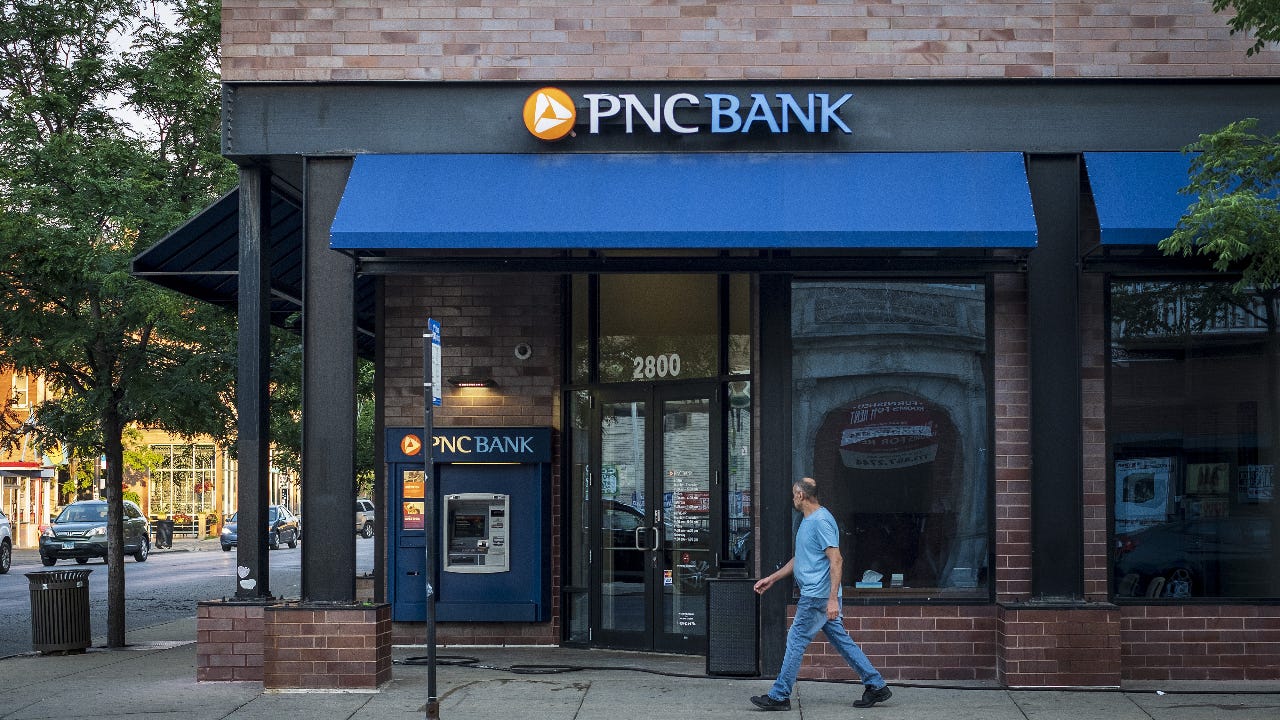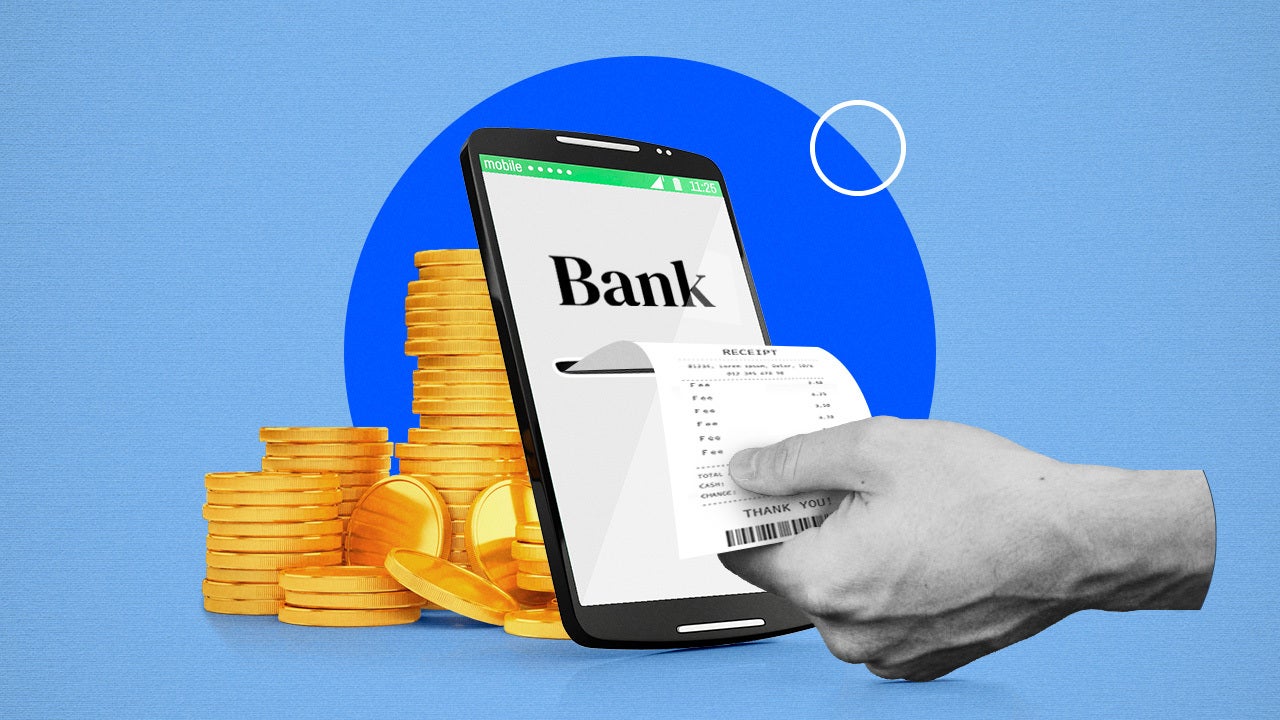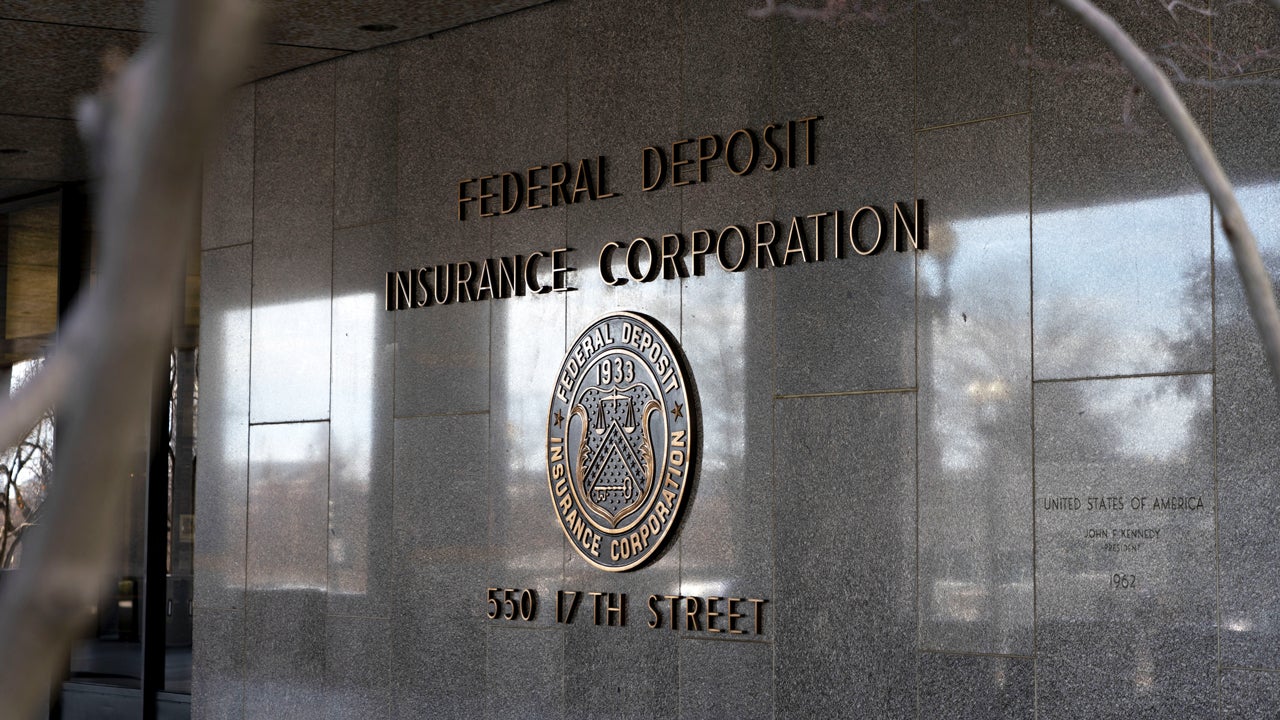Your money is safe — banks are much healthier today than a decade ago

Customers of a small bank in West Virginia recently discovered that their accounts are now under different ownership.
In early April, the Federal Deposit Insurance Corp. (FDIC) closed the First State Bank of Barboursville and allowed another institution to acquire its branches and deposits. The First State Bank is the second bank to fail in 2020 and the first to shut down amid the coronavirus pandemic.
The bank failure comes at a time when the economy — which had been expanding for over a decade — is headed in the opposite direction.
As consumers cope with surging unemployment and other major financial strains, many are wondering whether the money in their bank accounts is safe. The months ahead will likely be rough, but banks are more financially healthy than they were during the Great Recession. And as long as deposits are federally insured, bank customers have little to be anxious about.
Lessons from the last financial crisis
The trials U.S. banks faced during the 2007-08 financial crisis are a not-so-distant memory.
Economists say the problems began outside of the traditional banking system with the rise of so-called shadow banks, institutions that borrowed, invested and engaged in other activities like banks without being subject to the same rules. When they ran out of the funds needed to continue, they didn’t have the Federal Reserve to fall back on.
Meanwhile, commercial banks bought risky mortgage-backed securities and repackaged pools of loans to sell to other investors. Bank balance sheets were filled with certain loans, including residential construction, land and development and commercial real estate (CRE) loans, said Carl White, senior vice president of supervision at the Federal Reserve Bank of St. Louis. “Banks with lower concentrations of CRE loans tended to perform better than highly concentrated ones.”
Tim Yeager, a professor at the University of Arkansas, also recalled in a recent report that the community banks most impacted by the financial crisis were those with many customers who had taken on construction and land development loans, particularly in bigger, urban portions of the country.
Dealing with bad loans became a problem when consumers who couldn’t repay what they owed left banks on the hook for the defaults. Banks used their own capital to cover loan losses and were then more hesitant to lend money to other banks.
The result? Ultimately, many banks failed, with more than 300 shutting down between 2008 and 2010.
Today’s banks: more regulated, better prepared
The current banking system is less fragile than before. With the Dodd-Frank Act in place, banks have strict guidelines designed to help ensure the mistakes of the past won’t be repeated.
Banks haven’t been fond of tougher regulations. But some provisions — like expectations for big banks to be well-capitalized — are proving to be useful.
“They may or may not admit it that way, but I’m sure they’re almost grateful that they were required to hold this level of capital because they’re able to enter this new crisis in far better health,” Yeager says.
Yeager, a former economist at the St. Louis Federal Reserve, created a stress test model and used it to predict how community banks could fare in a coronavirus-fueled crisis, assuming they experience the same losses today that they did between 2008 and 2012. He and a doctoral student concluded that the financial shock from the virus could be more intense initially, possibly resulting in more bank failures relative to those that happened early on during the financial crisis. That’ll likely change, though, over time.
“Banks, however, weather the COVID-19 scenario much better than the financial crisis scenario over the five-year horizon because the economic recovery is much quicker,” the report says. “Just 68 banks (1.5 percent) are projected to fail by 2024 in the COVID-19 scenario, but 237 banks (5.3 percent) are projected to fail from the financial crisis scenario.”
The outcome could be different of course, considering that the same loans that were problematic during the last recession may not be as much of an issue today. Yeager points this out, noting that the excessive amount of debt households and firms are carrying leaves our economy vulnerable to financial shock. Liquidity is also an issue, he says.
“I have a suspicion that just kind of is lurking that our financial system is vulnerable to liquidity runs, not bank-centered, but it will affect the banks,” Yeager says.
Consumers have little to fear
Banks will struggle to an extent as a result of a COVID-19-triggered downturn. Community banks — which Yeager notes make up 95 percent of the banking industry — are mostly in good health but are in a riskier position than the country’s regional and biggest banks. Overall, the outcome shouldn’t be nearly as bad for banks this time around, even if economic conditions return to where they were in 2007 or 2008.
“They’re not going to have good profits, they may have to cut dividends and they’re going to suffer a lot of losses,” Yeager says. “But I don’t think that they’re going to be threatened with insolvency the way that they were during the financial crisis.”
One bank may have failed so far, but bank customers have little to worry about.
“The bank that failed did not fail because of the coronavirus,” says White from the St. Louis Fed. “It was a problem-bank long prior to the coronavirus pandemic, and happened to be closed by regulators during this crisis.”
Consumers with funds in a federally insured bank should have few concerns, even if their bank closes down. Insured funds are safe regardless of what happens. If your deposits exceed the $250,000 limit, opening a savings or checking account at another bank or credit union backed by the FDIC or the National Credit Union will provide the protection you need.
Learn more:
- Avoid going overboard on cash withdrawals during coronavirus crisis
- Coronavirus and cash: Why consumers should be cautious, but not fearful of handling dollars
- 13 steps to take if you’ve lost your job due to the coronavirus crisis
Why we ask for feedback Your feedback helps us improve our content and services. It takes less than a minute to complete.
Your responses are anonymous and will only be used for improving our website.






